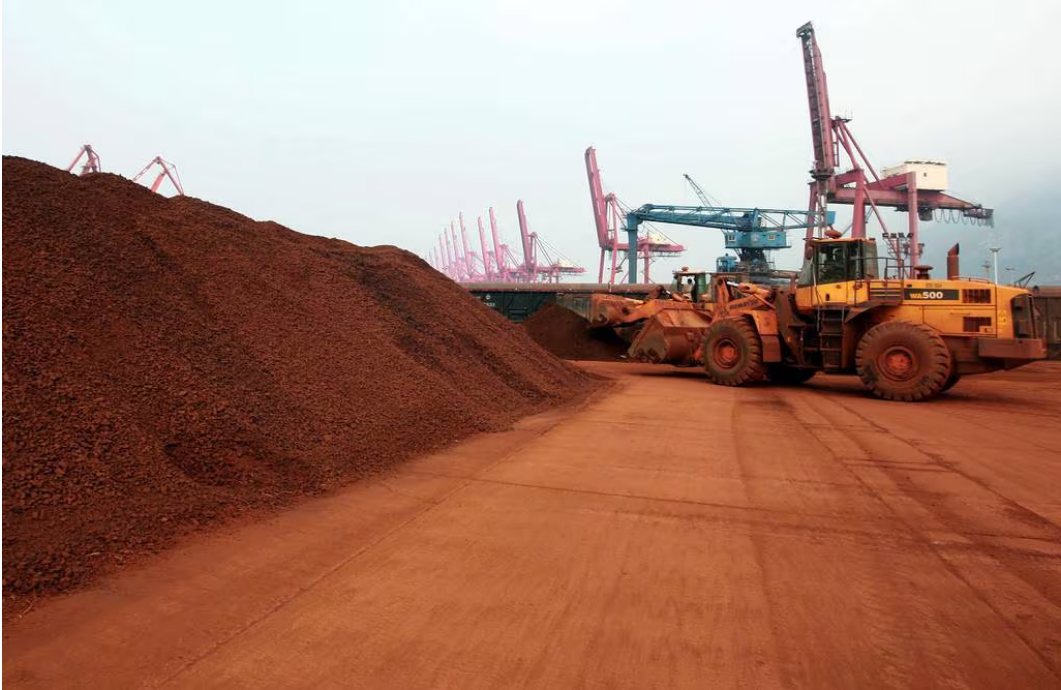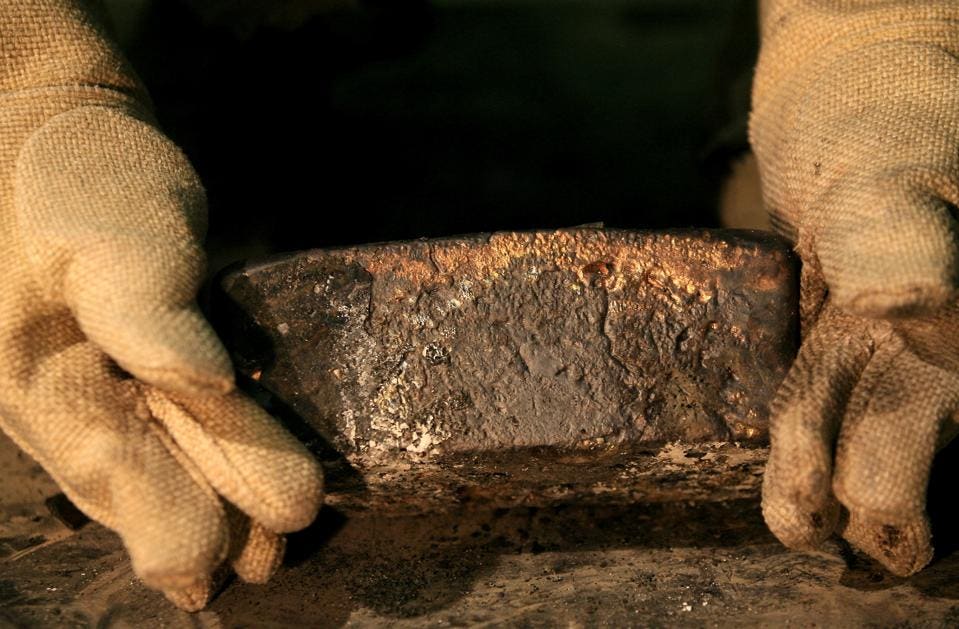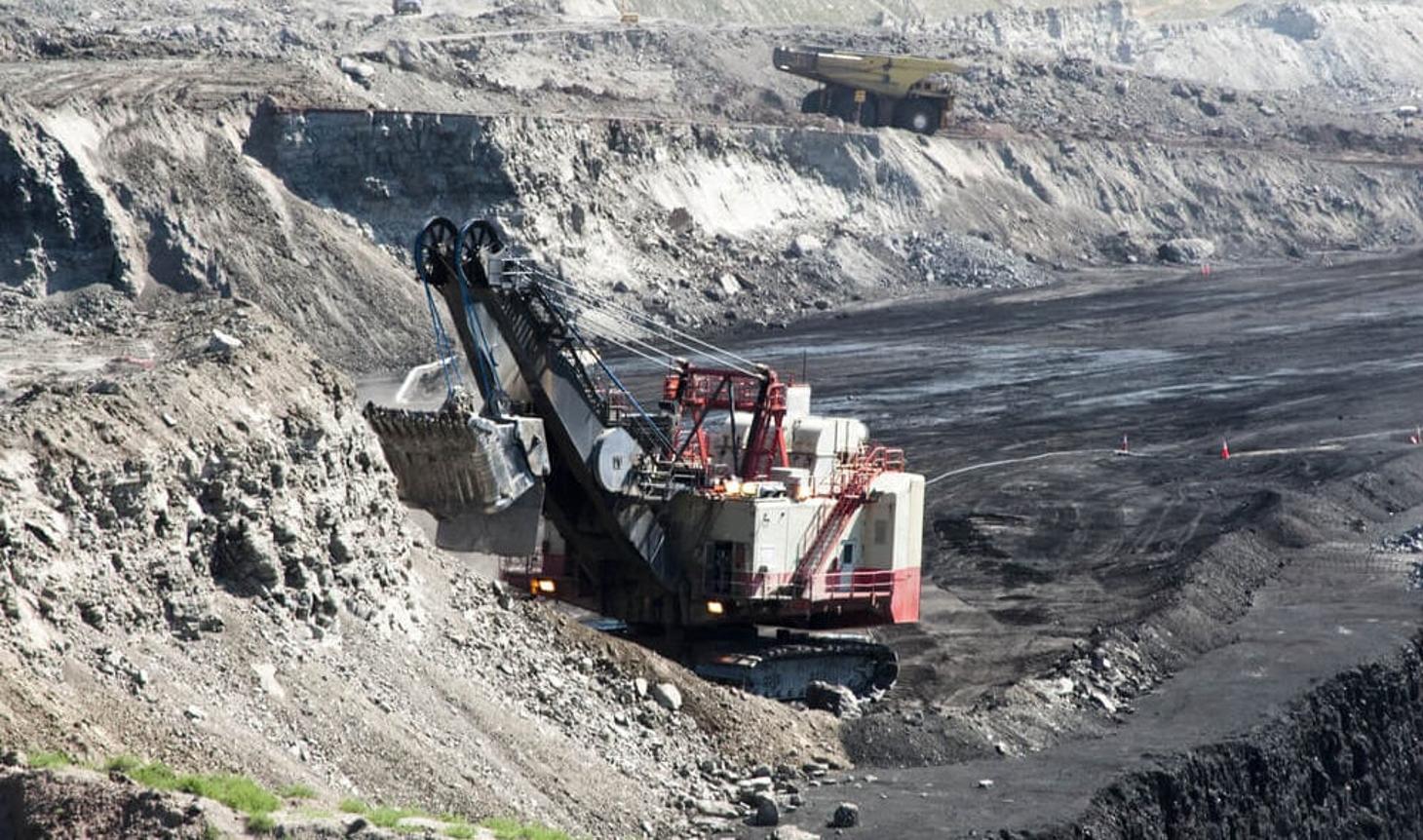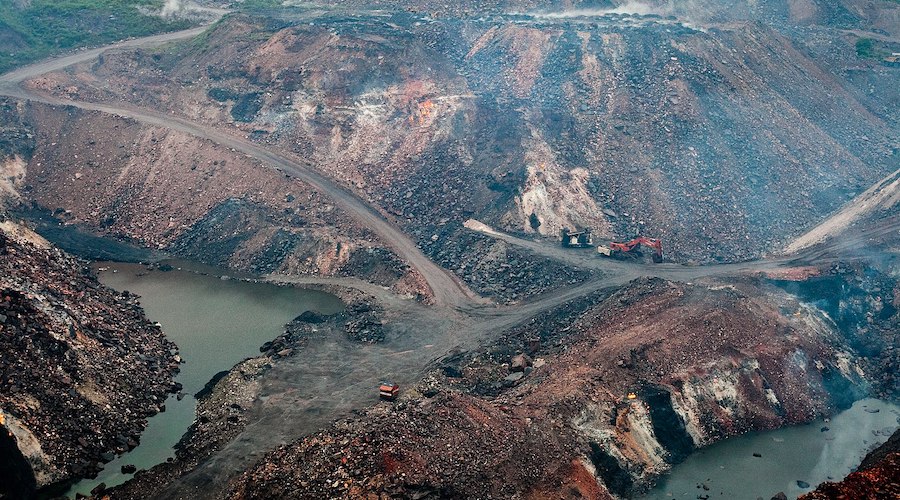Curbing reliance on foreign critical minerals starts with mining in US

The United States’ increased reliance on adversarial nations such as China for critical minerals has resulted in an unsustainable and unreliable system fraught with national security concerns. Now, the U.S. must invest in bolstering the mining industry to claim its own critical mineral supply or risk falling behind.
Critical minerals have become more crucial than ever for advanced defense technologies, from cutting-edge weaponry to communication systems. The demand for critical minerals has reached unprecedented levels, particularly with the push to electric vehicles and other green technology as the nation moves toward a clean energy future. The International Energy Agency’s World Energy Outlook predicts substantial growth in the critical mineral market, expected to rise from $40 billion in 2020 to $280 billion by 2030.
At the same time, the supply of foreign critical minerals is continually under threat by export controls from countries seeking to exert economic pressure. The China Commerce Ministry recently imposed export controls on gallium and germanium, minerals essential for computer chips and solar panels, and forced buyers to navigate applying for export permits.
To address these risks and regain control over its critical mineral supply chain, the United States must prioritize expanding domestic production and sourcing these minerals within its geographic borders, starting in Southwestern states like Arizona. This is essential to bolstering national security and reducing the country’s dependence on potentially hostile foreign suppliers.
Policymakers can advance the country’s critical mineral brain trust by investing in the next generation of mining talent, improving permitting processes, leaning on mining states for environmentally responsible mining techniques, and expanding the definition of critical minerals to include copper.
-
Doubling The Critical Mineral Potential Of Saudi Arabia
In Saudi Arabia, a land endowed with rich natural resources, but especially reno···
-
Wyoming awards $16m grant for coal-to-hydrogen and CCS project
Babcock & Wilcox (B&W) and Black Hills Energy have received a $16m grant···
-
AQC secures $60m for Dartbrook coal mine restart
Australian Pacific Coal (AQC) and its joint venture (JV) partner Tetra Resources···
-
Crisis meeting planned for WA mining industry
Resources Minister Madeleine King is expected to hold crisis talks with miners o···
Exhibition address:China International Exhibition Center (CIEC)
- Doubling The Critical Mineral Potential Of Saudi Arabia
- Wyoming awards $16m grant for coal-to-hydrogen and CCS project
- AQC secures $60m for Dartbrook coal mine restart
- Crisis meeting planned for WA mining industry
- Global inventory of world’s mines needed – researchers
- Alliance Resource (ARLP) to Bring Innovative Motor Technology






 The 19th China Mining Exhibition
The 19th China Mining Exhibition

